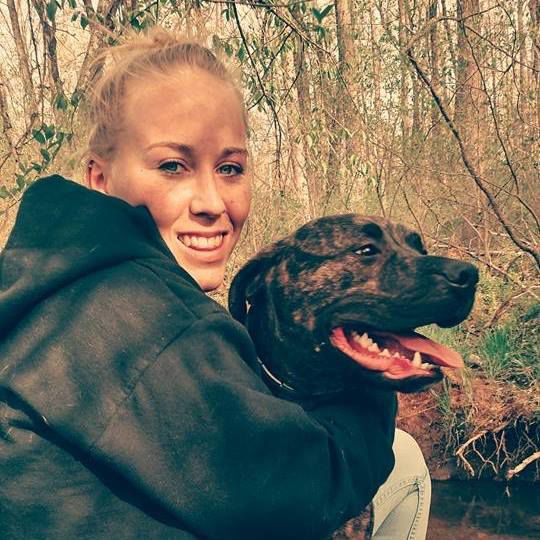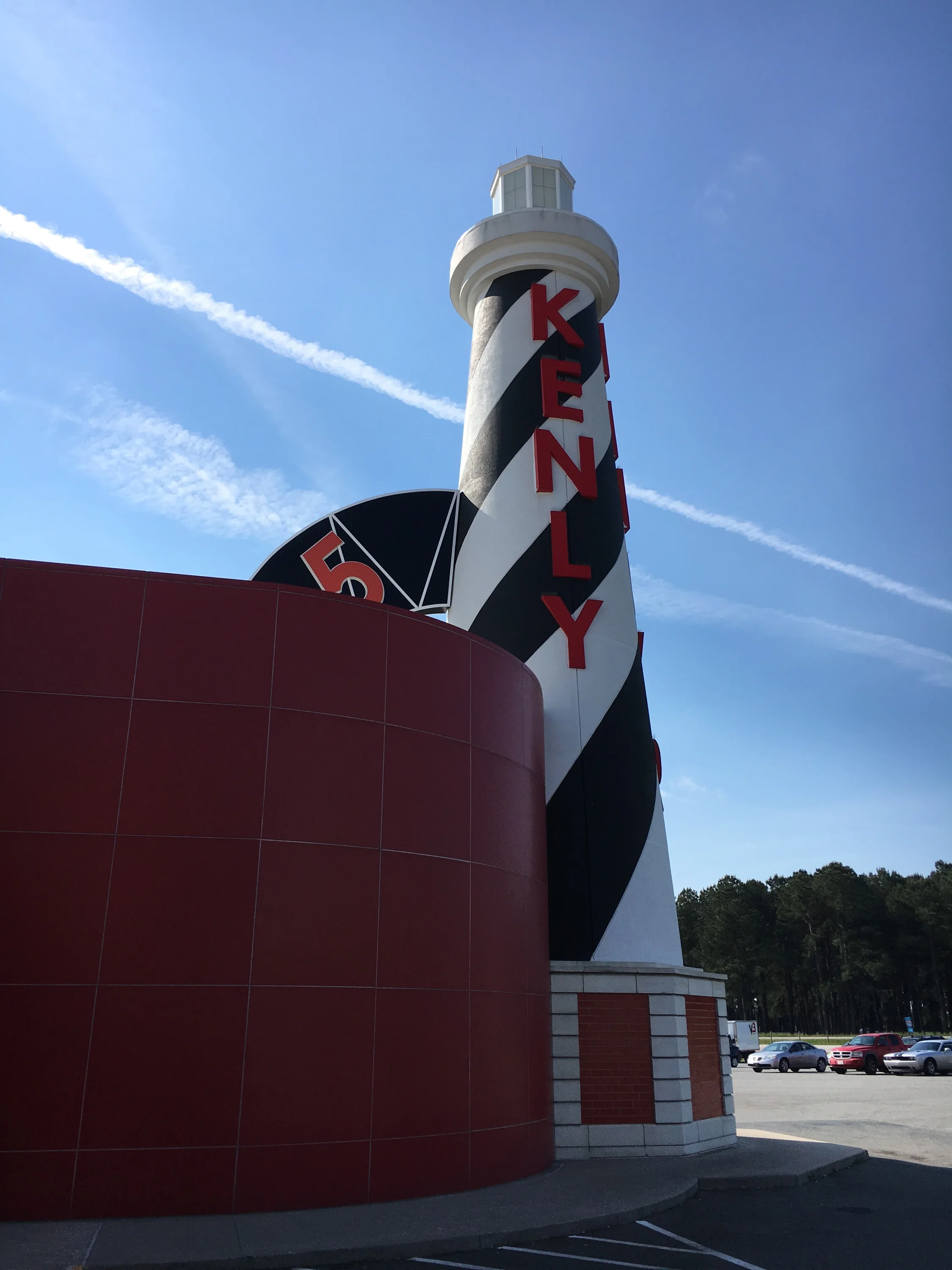Whirligig Gift For Christmas In 1960s Spun Some Dizzying Tales
In 17 years as a metro columnist and five years on The Pilot's editorial page, I wrote at least 20 Christmas columns. This is my favorite. Tomorrow we'll come back to current events.
A version of this originally appeared in The Virginian-Pilot on December 26, 2012
We should have been astronauts, my brother and me. At least that's what my dad used to say whenever he reminisced about that one dizzying Christmas back in the early 1960s.
It must have been a good year at John A. Roebling Sons, makers of wire rope. There's no other way to explain how Santa came to splurge on a gift that was so wildly unexpected and spectacular that no one else had one. A gift so marvelous that every child in our development eventually made their way to our tiny brick ranch house on Christmas Day to experience it.
Our "Whirligig." Or Whirlygig. Not sure how it was spelled.
It must have cost a fortune, judging from the endless delight my father took in that spinning machine. It was a giant, red metal contraption that held two people who sat on opposite sides. The riders' feet rested on a bar that pumped back and forth, and their hands gripped handles that did the same.
The faster the riders pushed and pulled, the faster the Whirligig spun.
It would be illegal today, of that I'm sure. But this was during the Darwinian days of post-World War II America, when only the very strong or lucky children survived. It was before helmets or personal-injury lawyers were invented. A time when children played with fireworks, ran through the woods armed with BB guns, when kids carried pocket knives to school and teachers would borrow them to pry a stubborn thumbtack out of a bulletin board.
December in New Jersey was not a time for outdoor play. So my father assembled the Whirligig in our basement, a dank, forbidding place with a cement floor and cinderblock walls.
A note from Santa on Christmas morning told my brother and me to head to the cellar for a big surprise. We didn't come up for days.
We spun and spun, till we fell off the Whirligig and staggered in drunken circles. Then we got back on and started pumping again.
Word spread quickly that there was something marvelous in the Doughertys' basement. The kids from across the street were the first to arrive. After a few spins, the oldest one was sick. His younger sister took his place and immediately lost her Christmas dinner, too.
One by one, the rest of the children on our block arrived. And one by one, they wobbled up the basement stairs gasping for fresh air.
By Dec. 26, my mother was chain-smoking and reeking of Lysol as she shrieked for us to slow down.
"Someone's going to die on that thing," she predicted.
My father just beamed. After a few hours, one thing was clear: His kids didn't get sick.
"You're like me," the former Merchant Marine bragged. "Motion sickness doesn't affect us."
And so it went. All winter, a steady stream of children trudged down basement steps. Many left crying. But no one left because they were bored.
In the spring, my father moved the Whirligig to the backyard.
"Keep your eyes on the horizon," he'd yell to pumping kids who looked woozy.
Like many of the shiny gifts of Christmas, the Whirligig eventually turned to rust. Once the screws holding the seats gave way and screaming children were being launched into trees, we sadly sent it to the landfill.
We all know Christmas isn't really about presents and toys. But that Whirligig was one fabulous contraption. And the best part may have been my father's sheer joy as he watched his kids twirling in happy abandon.
For a few heady years in the early 1960s, we could have been astronauts.


